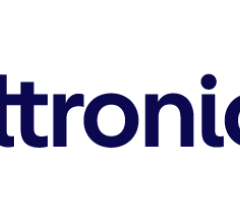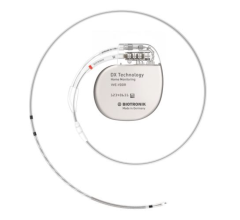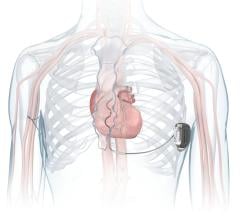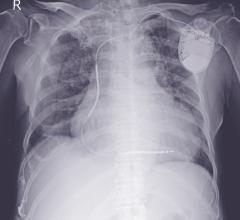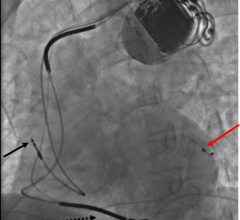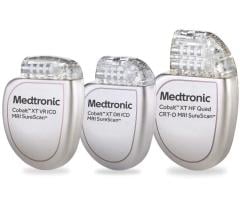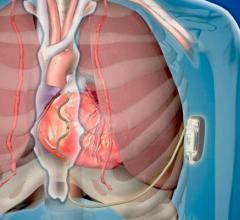October 9, 2013 — The U.S. Food and Drug Administration's (FDA) Circulatory Systems Devices Advisory Panel this week voted that biventricular (BiV) pacing with Medtronic Inc. devices is beneficial for treating patients who have atrioventricular (AV) block and left ventricular (LV) systolic dysfunction, compared to conventional right ventricular pacing. The panel voted that the overall clinical benefits outweigh the risks in treating this specific patient population (yes 4, no 3, abstain 1 vote). The panel's favorable recommendation is based on data from the landmark BLOCK HF clinical trial, which used Medtronic cardiac resynchronization therapy-pacemakers and -defibrillators (CRT-P and CRT-D).
Most patients with AV block are currently indicated to receive conventional right ventricular (RV) pacing via a single or dual chamber pacemaker or implantable cardioverter-defibrillator (ICD). However, in the BLOCK HF clinical trial, BiV pacing showed:
• A 27 percent relative risk reduction in the composite study endpoint of death, healthcare utilization visits requiring IV heart failure therapy, and significant increase in left ventricular end systolic volume index (LVESVI, a measure of cardiac structure); and
• Improvements in both cardiac function and quality of life.
The advisory panel voted in favor of Medtronic CRT-P and CRT-D devices in this patient group based on the technology's strong safety (yes 6, no 1) and efficacy (yes 7, no 0) profiles. The FDA now will consider the panel's feedback as it reviews the request from Medtronic to expand treatment indications for its CRT-P and CRT-D devices to include New York Heart Association (NYHA) Class I, II and III heart failure, patients with pacemaker-indicated second or third degree AV block, or first degree AV block where a requiment for a high percentage of ventricular pacing is clear, and LV ejection fraction less than or equal to 50 percent.
More than 1 million Americans have AV block, which reduces the heart's ability to properly function by blocking the electrical signals between its top and bottom chambers. Symptoms of the condition are fainting, dizziness and shortness of breath. While RV pacing helps restore heart function in patients with AV block, studies suggest that in patients with both AV block and LV dysfunction, this type of pacing may escalate the progression of heart failure. [1,2] A debilitating and often deadly disease, heart failure will cost the United States an estimated $32 billion in 2013, with projections showing a 120 percent increase in cost by 2030 for a total of $70 billion.
"As the longest running trial of its kind, BLOCK HF has shown superior long-term outcomes of BiV pacing for these patients," said David Steinhaus, M.D., vice president and general manager, heart failure, and medical director for the cardiac rhythm disease management business at Medtronic. "As the regulatory process continues, we look forward to working with the FDA to expand the use of our CRT devices to treat this specific patient population."
"The results of BLOCK HF offer us a potential new treatment paradigm for heart failure patients with AV block," said Anne Curtis, M.D., BLOCK HF lead investigator and chair of the Department of Medicine at the University at Buffalo School of Medicine and Biomedical Sciences, Buffalo, N.Y. "This new approach could fill an unmet need for these patients."
For more information: www.medtronic.com
References:
1. The DAVID Trial Investigators. "Dual-Chamber Pacing or Ventricular Backup Pacing in Patients with an Implantable Defibrillator." JAMA. 2002;288:3115-3123.
2. Sweeney MO et al. "Adverse Effect of Ventricular Pacing in Heart Failure and Atrial Fibrillation Among Patients with Normal Baseline QRS Duration in a Clinical Trial of Pacemaker Therapy for Sinus Node Dysfunction." Circulation. 2003;107:2932 - 2937.


 January 13, 2026
January 13, 2026 

